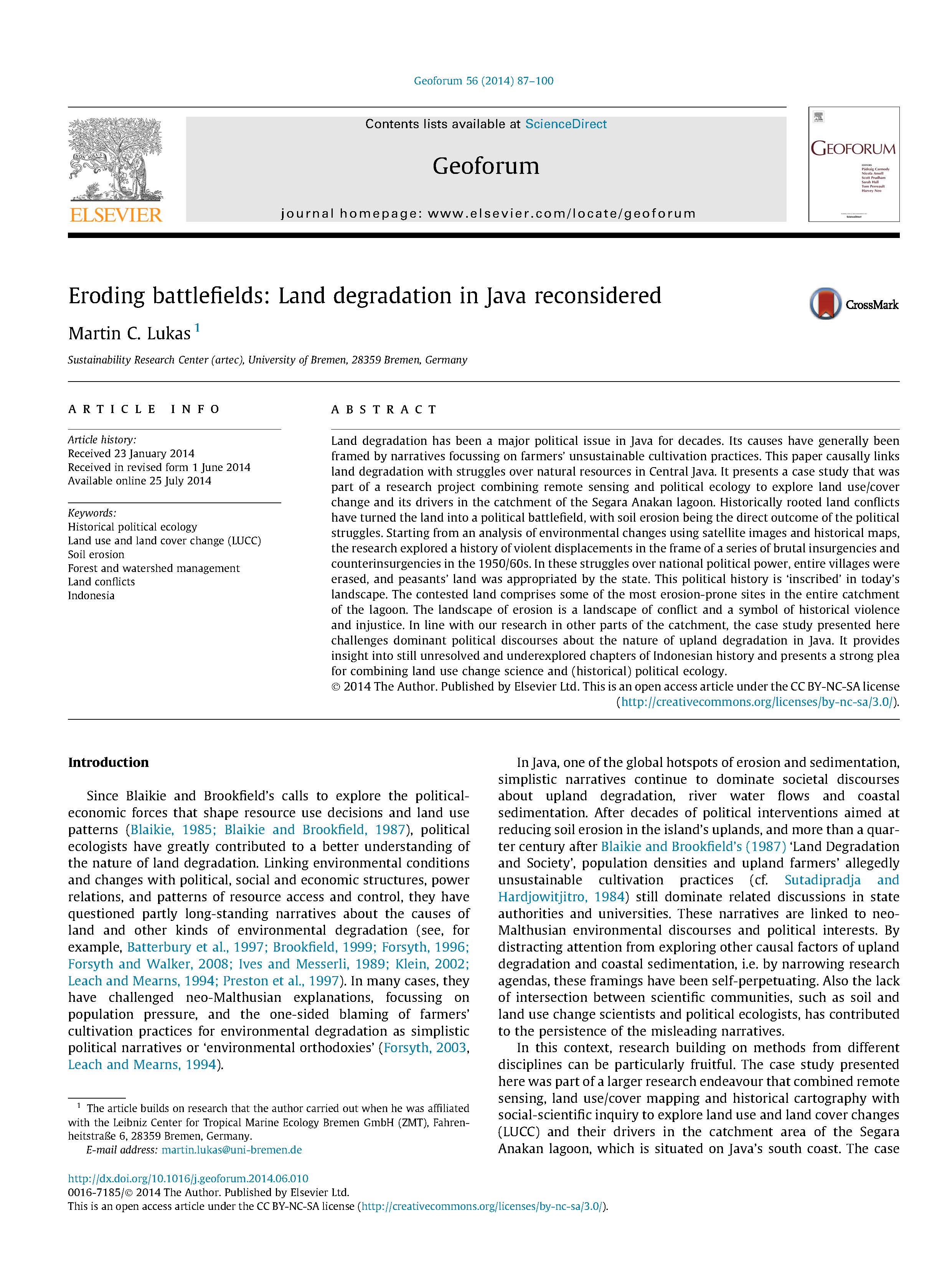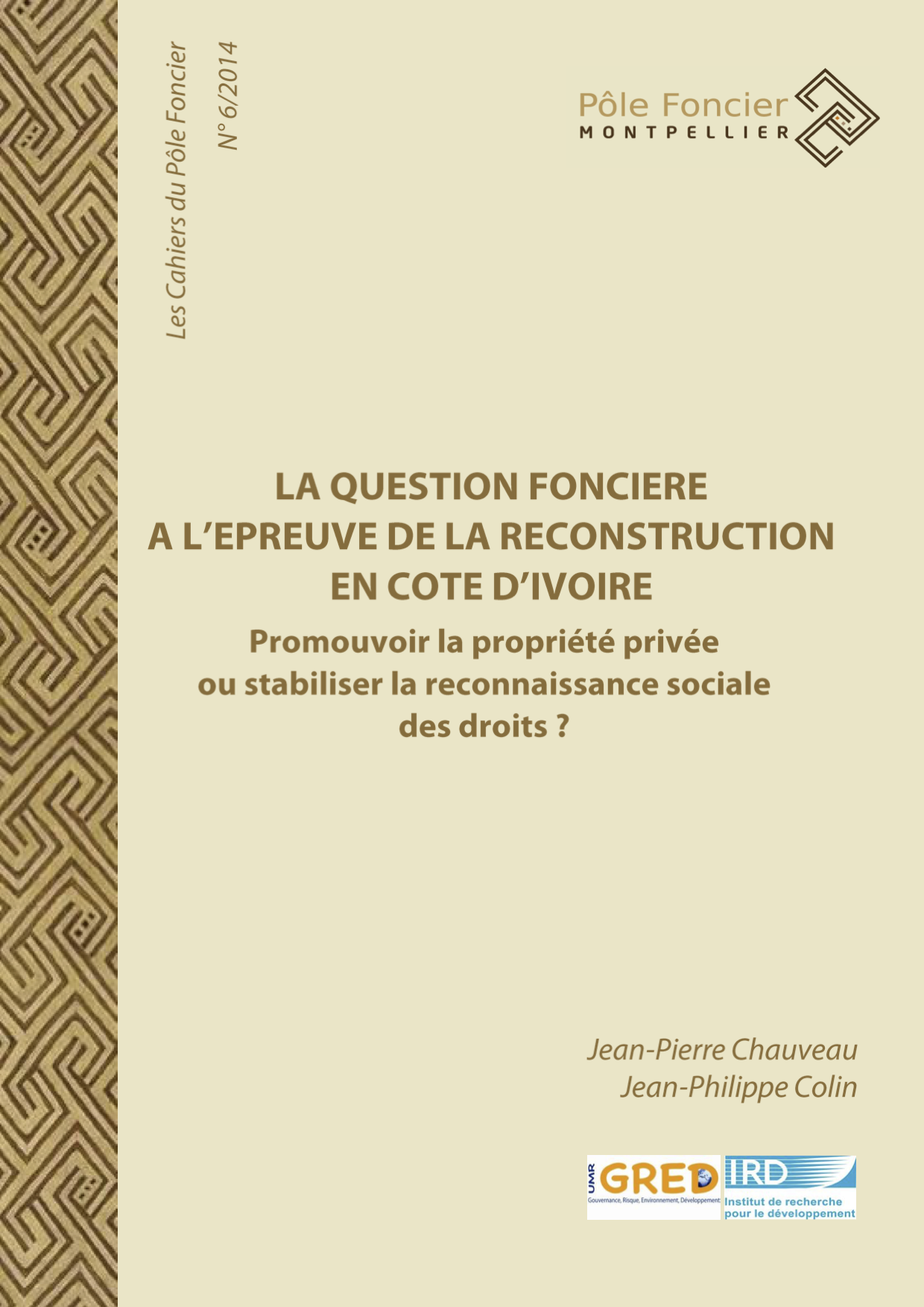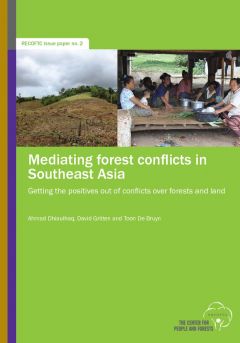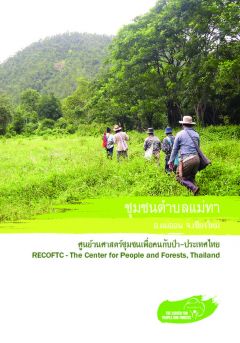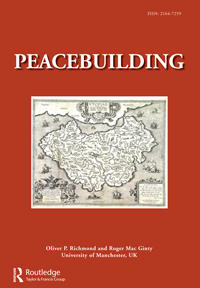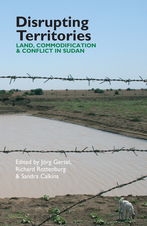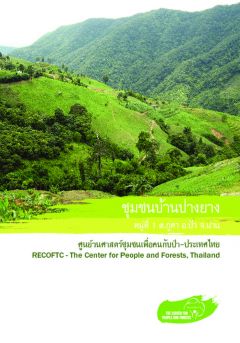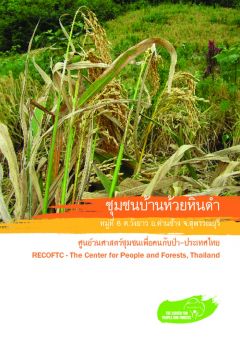Eroding battlefields: Land degradation in Java reconsidered
Land degradation has been a major political issue in Java for decades. Its causes have generally been framed by narratives focussing on farmers’ unsustainable cultivation practices. This paper causally links land degradation with struggles over natural resources in Central Java. It presents a case study that was part of a research project combining remote sensing and political ecology to explore land use/cover change and its drivers in the catchment of the Segara Anakan lagoon.

